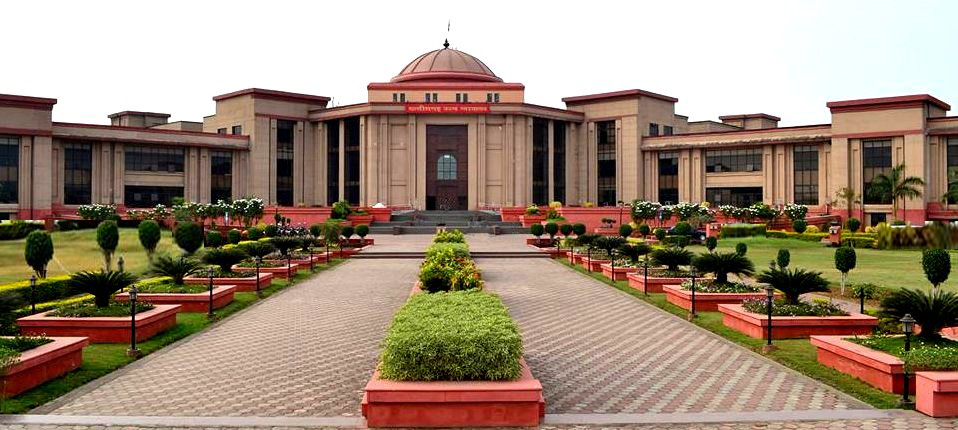Chhattisgarh, February 13:
The Chhattisgarh High Court has ruled that a husband cannot be held liable for non-consensual anal sex or other non-consensual sexual acts with his wife under Section 375 (rape) or Section 377 (unnatural offences) of the Indian Penal Code (IPC). The court cited Exception 2 to Section 375, which exempts a husband from being charged with rape for sexual intercourse with his wife unless she is under 15 years of age.
Court’s Rationale
Justice Narendra Kumar Vyas, while delivering the verdict in Gorakhnth Sharma v. State of Chhattisgarh, observed that the amended definition of rape under Section 375 IPC does not recognize marital rape. As a result, sexual acts, even if unnatural, between a husband and wife do not fall under the purview of Section 377 IPC.
The court stated, “From perusal of Section 375, 376 and 377 IPC it is quite vivid that in view of amended definition of Section 375 IPC, offence under Section 377 IPC between husband and wife has no place and, as such rape cannot be made out… If any unnatural sex as defined under Section 377 is committed by the husband with his wife, then it can also not be treated to be an offence.”
With this interpretation, the High Court overturned the conviction of Gorakhnth Sharma, who had been sentenced to ten years in prison by the trial court.
Case Background
The case revolved around the tragic death of Sharma’s wife, who was admitted to the hospital after suffering severe pain. She later passed away, and a post-mortem examination revealed that she had succumbed to peritonitis and rectal perforation.
Before her death, the victim had recorded a dying declaration stating that she became ill due to the unnatural sexual act committed by her husband. On the basis of this declaration, Sharma was convicted under Sections 375, 377, and 304 IPC by the trial court.
However, during the High Court proceedings, it was revealed that some witnesses had turned hostile. Additionally, the Executive Magistrate who recorded the dying declaration admitted that while the victim had verbally mentioned her husband’s actions, this statement was not explicitly recorded in the official declaration.
High Court’s Decision
Sharma’s defense argued that the conviction was solely based on the dying declaration, which lacked authenticity. They also pointed out that two witnesses had testified that the victim had been suffering from piles after childbirth, which could have caused rectal bleeding and abdominal pain.
The prosecution maintained that the trial court’s decision was based on evidence and should not be overturned.
After reviewing the arguments and legal provisions, the High Court examined the scope of Sections 375 and 377 IPC. It noted that while rape involves penetration of the penis into various body parts, “it is quite vivid that the definition of rape as provided under Section 375 includes penetration of penis in the parts of the body i.e. vagina, urethra or anus of a woman for which consent is not required then unnatural sex cannot be made as unnatural offence between husband and wife, as such apparently, there is repugnancy in these two situations in the light of definition of Section 375 and unnatural offence of Section 377.”
The court further stated, “If the age of wife is not below age of 15 years then any sexual intercourse or sexual act by the husband with her wife cannot be termed as rape under the circumstances, as such absence of consent of wife for unnatural act loses its importance, therefore, this Court is of the considered opinion that the offence under Section 376 and 377 of the IPC against the appellant is not made out.”
Regarding the dying declaration, the court found that it lacked corroboration from other evidence. “The careful scrutiny of the dying declaration by this Court itself the same cannot be found to be sufficient for recording of the conviction as there is no corroboration from other evidence, as such there is doubt over the correctness of the dying declaration,” the judgment read.
As for the conviction under Section 304 IPC, the High Court noted that the trial court had not provided a clear legal basis for applying this charge, stating that “the conviction under Section 304 is perverse and patently illegal.”
Final Verdict
In light of these findings, the High Court allowed Sharma’s appeal and acquitted him of all charges.



